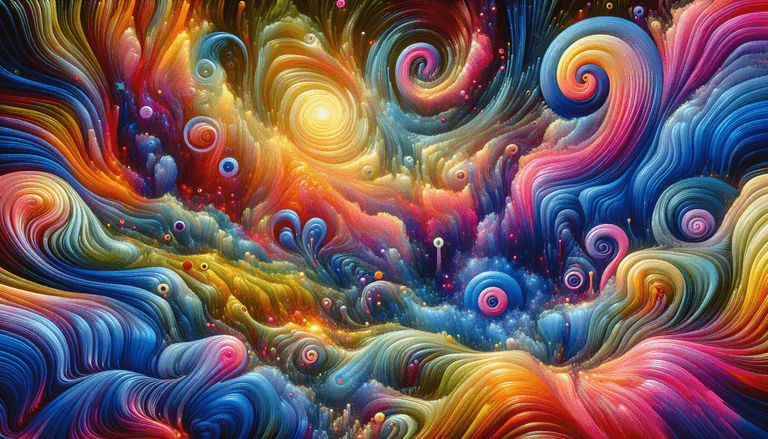If you think you’re about to dive into the memoir of yet another child actor with Junior, then brace yourself for something entirely unexpected. Macaulay Culkin, the face behind films like Home Alone, doesn’t just serve you a slice of nostalgia; instead, he whisks you away into a world of eccentric musings and unabashed creativity. This isn’t a straightforward Hollywood memoir; it’s a psychedelic journey into the labyrinthine crevices of a curious and dynamic mind.
Junior is much more than a mere recount of Culkin’s rise to fame. It’s a window into his personal musings, a reflection of his struggles, and a testament to his artistic spirit. Culkin embraces an inventive, if at times, bewildering writing style that eschews linear storytelling for chaotic introspection. Whether this approach endears you to his quirks or leaves you bewildered may determine your enjoyment of the book.
A Journey through Whimsy
Culkin’s style is frenetic and whimsical, reflecting a mind that isn’t keen on adhering to conventional narratives. The book is filled with cheeky humor, outright absurdity, and a hint of melancholy that mirrors Culkin’s eccentric public persona. He toys with language and structure in a way that allows his thoughts to leap off the page with an energy that can be both entertaining and exhausting. There’s a stream-of-consciousness quality to the writing, reminiscent of a raw diary entry rather than a polished memoir.
Fascinatingly, Junior doesn’t shy away from revealing the rawness behind the glitz. Culkin doesn’t dive deeply into the nuances of Hollywood life; instead, he scratches the surface, preferring to reflect on broader philosophical themes. His choice to sidestep the nitty-gritty of his experiences and focus more on the existential shows that he sees himself as much more than just a former child star.
Inside the Laboratory of Thought
There’s an experimental quality to the book that tries to dig deep into Culkin’s psyche. He ponders about identity, fame, and the search for genuine connection amidst the noise of celebrity life. His writing often shifts between playful anecdotes and introspective passages that are disarmingly candid.
But does this introspection always hit the mark? Not necessarily. The philosophical musings can sometimes feel heavy-handed or disconnected, which might detract from the book’s flow. Nevertheless, the fact that Culkin delves bravely into these thoughts is commendable.
An Ode to Creativity and Self-Expression
One of the book’s greatest strengths is its unabashed celebration of creativity. Culkin doesn’t confine himself to strict literary forms. Instead, he embraces a multitude of styles within the same work, from poetry to visual art. There are pages with doodles, errant phrases, incomplete thoughts, and playful imagery that make Junior feel like a work of art rather than just a book.
This fusion of mediums might not appeal to everyone, but it certainly adds a rich layer for those who appreciate the fringes of artistic expression. The book challenges the reader to embrace the anarchic, fluid, and fundamentally personal act of creating, something Culkin seems to cherish deeply.
A Mixed Bag of Insights
As is the case with many works that push boundaries, Junior is at times a mixed bag. Some readers might find the disjointedness refreshing and charming, considering it a genuine reflection of Culkin’s multifaceted persona. Others might struggle with the tangential, sometimes erratic storytelling.
Yet, even with its lack of coherence at times, what stands out is the sincerity of Culkin’s voice. His vulnerability shines through, and there’s an unmistakable honesty in his willingness to share his complex, often chaotic internal landscape. He doesn't give you the smooth and polished memoir of a child star turned adult actor; he gives you something raw and, ultimately, real.
Final Musings
Macaulay Culkin's Junior is not for those seeking the archetypal Hollywood survival story. It’s an unfiltered exploration of thoughts, fears, and ambitions wrapped in erratic brilliance. While the book's structure may deter readers searching for a straightforward read, it avidly rewards those willing to delve into its eccentricity.
Ultimately, Junior is a testament to the creative spirit and a daring foray into the complex world of self-expression. It’s a love letter to creativity, delivered in a package that’s as unconventional as its author’s life.







